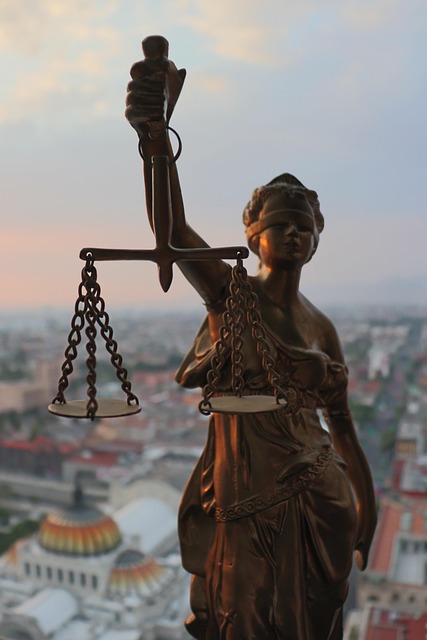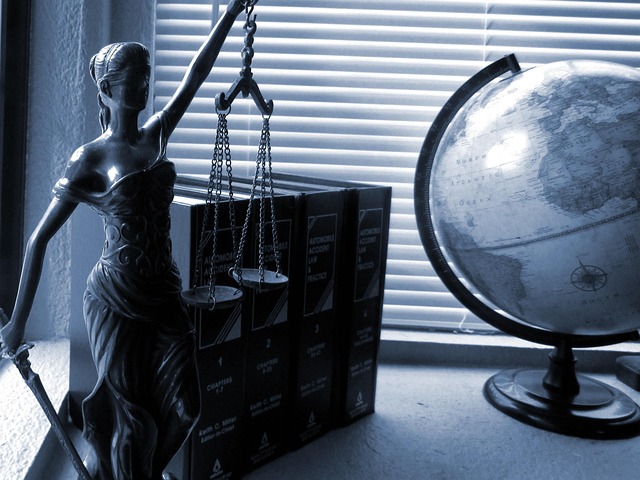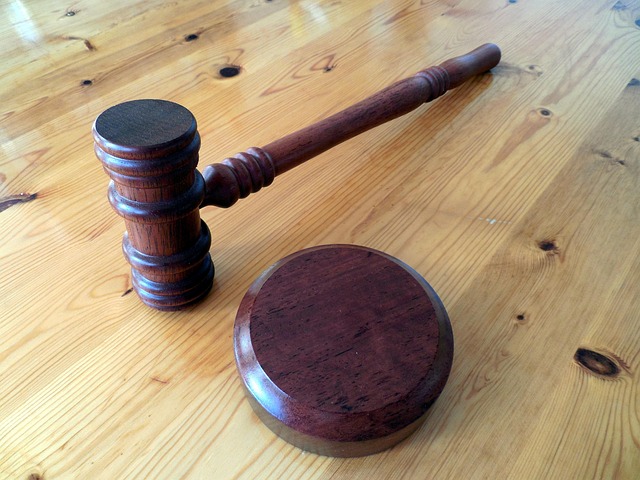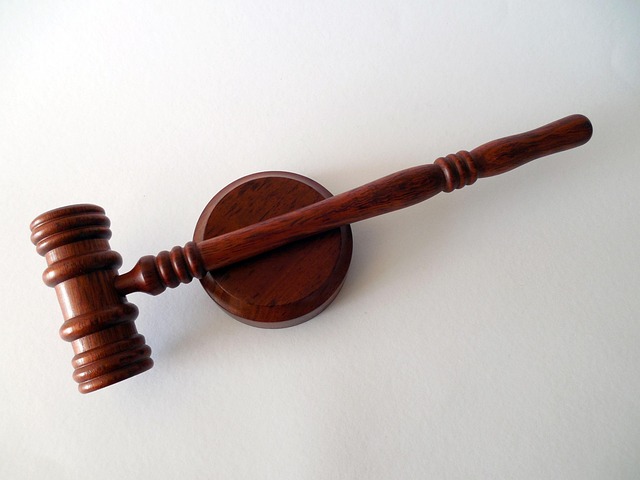Whistleblower Protection Lawsuits empower individuals exposing illegal or unethical activities within organizations, offering crucial support for effective criminal defense strategies for DUI charges and white-collar offenses. These lawsuits ensure employee safety in reporting misconduct, provide legal protections, and can lead to financial compensation. The goal is to safeguard whistleblowers, promote transparency, and hold accountable those engaging in fraudulent or illegal practices. Building a robust defense requires meticulous evidence gathering and strategic legal argumentation, with an established track record in white-collar crime defense being pivotal. Navigating these lawsuits involves understanding legal processes, from filing complaints to pre-trial motions and potential jury trials, with experienced legal counsel crucial for favorable outcomes.
“Whistleblower Protection Lawsuits: Navigating Legal Complexities and Ensuring Justice
This comprehensive guide explores the intricate world of whistleblower protection lawsuits, empowering individuals with crucial insights. Understanding your rights is vital when considering legal action, especially in cases involving DUI charges. We delve into common scenarios triggering whistleblower claims, providing a roadmap for taking decisive action. Additionally, we uncover effective criminal defense strategies tailored to these unique cases, ensuring your rights are safeguarded throughout the legal process.”
- Understanding Whistleblower Protection Lawsuits: Rights and Protections for Individuals
- Common Situations Leading to Whistleblower Claims: When to Take Action
- Building a Strong Case: Evidence and Legal Arguments for Whistleblower Defense
- Navigating the Legal Process: From Filing to Trial for DUI Charges
- Effective Criminal Defense Strategies: Protecting Your Rights in Whistleblower Cases
Understanding Whistleblower Protection Lawsuits: Rights and Protections for Individuals

Whistleblower Protection Lawsuits empower individuals who expose illegal or unethical activities within organizations to seek justice and stand up for what’s right. These lawsuits are crucial in ensuring that employees feel safe reporting misconduct without fear of retaliation, which is a significant barrier in effective criminal defense strategies for DUI charges and other white-collar offenses. By providing legal protections, whistleblowers can navigate all stages of the investigative and enforcement process with peace of mind.
Understanding these rights is vital for those considering coming forward. Protections include non-retaliation measures, ensuring employment stability, and even financial compensation for successful cases. These laws aim to safeguard individuals who play a pivotal role in exposing criminal activities, facilitating transparency, and holding accountable those engaging in fraudulent or illegal practices, particularly in the realm of white-collar defense.
Common Situations Leading to Whistleblower Claims: When to Take Action

Whistleblower protection lawsuits arise from a variety of situations where individuals choose to expose illegal or unethical activities within their respective businesses or organizations. Common scenarios leading to whistleblower claims include cases of fraud, environmental violations, public health risks, and corporate governance misconduct. Employees who uncover such practices and decide to speak up face significant personal risks, including potential retaliation from employers.
Taking action is crucial when individuals believe they have evidence of wrongdoings that could harm the public or stakeholders. In these situations, consulting with legal professionals specializing in effective criminal defense strategies for DUI charges—a metaphorical parallel for navigating complex legal battles—is essential. A robust legal defense can help protect whistleblowers from retaliation and ensure their rights are upheld, potentially leading to a complete dismissal of all charges and an unprecedented track record of success for the respective business.
Building a Strong Case: Evidence and Legal Arguments for Whistleblower Defense

Building a strong case for whistleblower protection lawsuits involves meticulously gathering evidence and crafting compelling legal arguments. Whistleblowers often face unique challenges, but an effective criminal defense strategy can help them navigate these complexities. The first step is to gather all relevant documents, communications, and records that support the whistleblower’s claims. This includes any proof of unethical or illegal activities within the organization, as well as documentation of the individual’s efforts to report these issues internally or externally.
In preparing their defense, legal teams for whistleblowers must focus on demonstrating that their client acted in good faith and with a genuine belief in the validity of their claims. They should also highlight any retaliation or adverse actions taken against the whistleblower after they came forward. By presenting a robust body of evidence and leveraging persuasive legal arguments, whistleblowers can protect themselves from potential criminal charges and ensure their voices are heard. An unprecedented track record in white collar and economic crimes defense is crucial in these cases, as it demonstrates expertise and a commitment to upholding justice for individuals who speak out against wrongdoing.
Navigating the Legal Process: From Filing to Trial for DUI Charges

Navigating the legal process for DUI charges can be daunting, but understanding the steps involved in a whistleblower protection lawsuit is key to an effective criminal defense strategy. The initial stage begins with filing a complaint, where whistleblowers detail their allegations against an employer or organization. This sets in motion a series of legal actions, from pre-trial motions to discovery and, potentially, a jury trial.
During this process, experienced legal counsel plays a pivotal role in developing strong white collar and economic crimes defenses. They help gather evidence, interview witnesses, and construct a compelling narrative that can lead to achieving extraordinary results for the whistleblower. From challenging the admissibility of evidence to negotiating settlements, each step is crucial in ensuring the best possible outcome.
Effective Criminal Defense Strategies: Protecting Your Rights in Whistleblower Cases

In whistleblower protection lawsuits, individuals face unique challenges when defending against criminal charges. Effective criminal defense strategies for these cases require a deep understanding of both the legal and factual nuances involved. One key aspect is to challenge the legitimacy of the information leading to the accusation, especially if it stems from an unreliable source or lacks substantial evidence. This strategy not only questions the integrity of the whistleblower’s claims but also undermines the prosecution’s case.
Additionally, experienced white collar defense attorneys can navigate all stages of the investigative and enforcement process, ensuring your rights are protected. They may employ tactics such as gathering exculpatory evidence, cross-examining witnesses to uncover inconsistencies, and raising legal defenses specific to white collar and economic crimes. By utilizing these effective criminal defense strategies, individuals can protect their interests, preserve their reputation, and potentially achieve a favorable outcome in whistleblower protection lawsuits.
Whistleblower Protection Lawsuits are a vital mechanism for individuals who risk their careers and safety to expose illegal activities. Understanding your rights and protections is crucial, as is recognizing common situations that may lead to legal action. By building a robust case with strong evidence and sound legal arguments, you can navigate the complex legal process effectively. In particular, employing effective criminal defense strategies specifically tailored for DUI charges can significantly protect your rights in these challenging cases.






